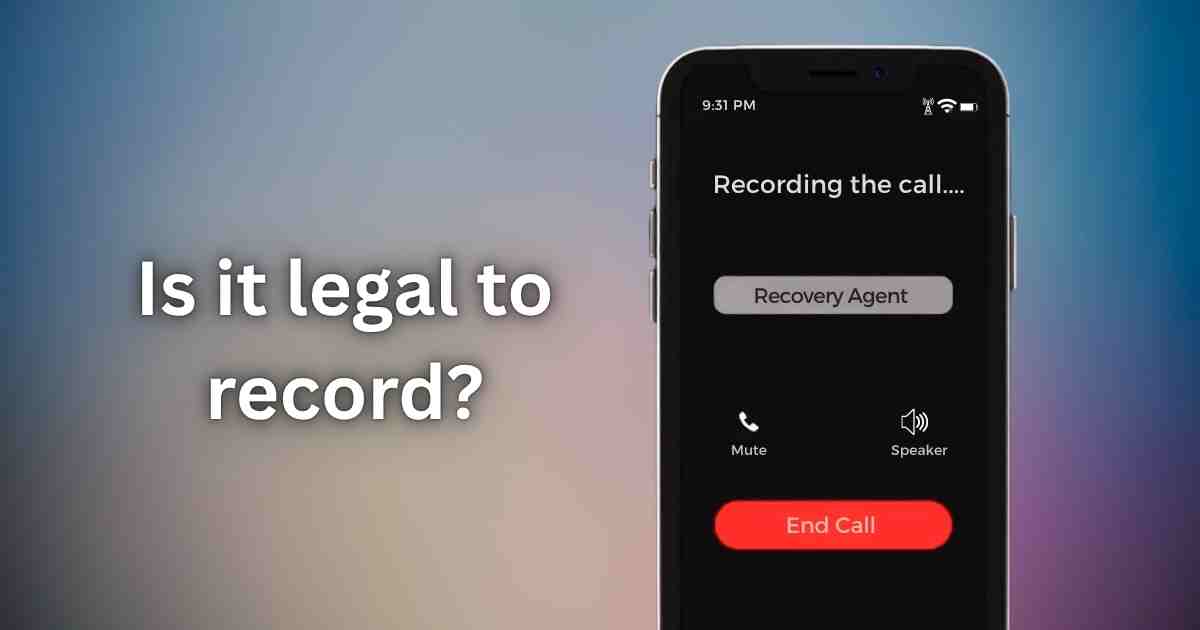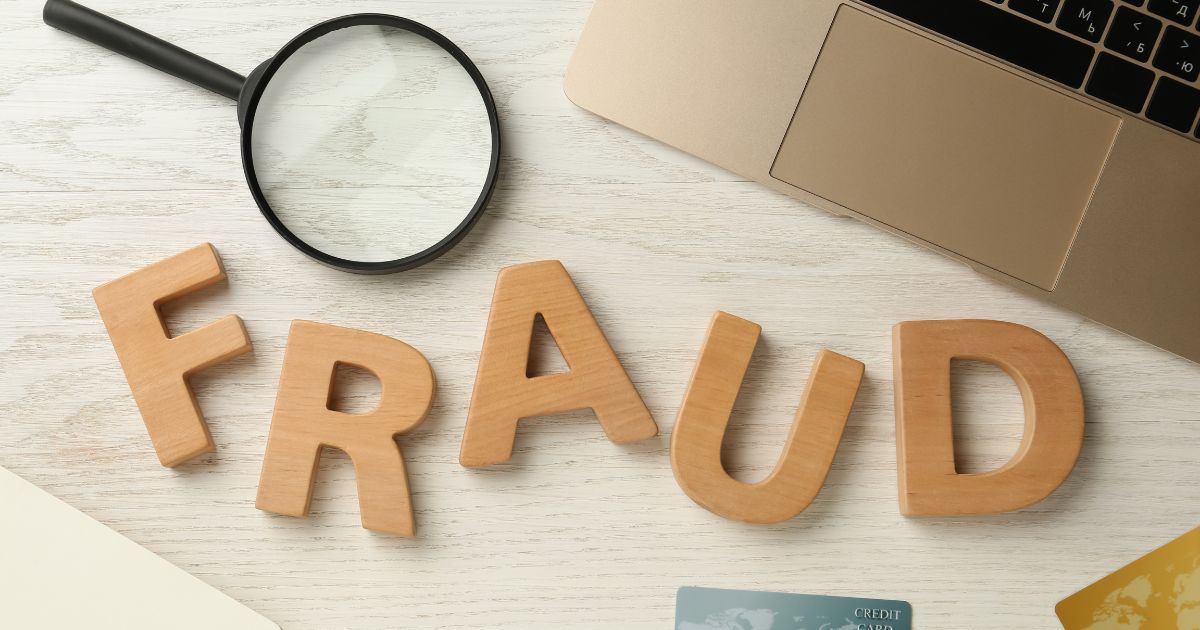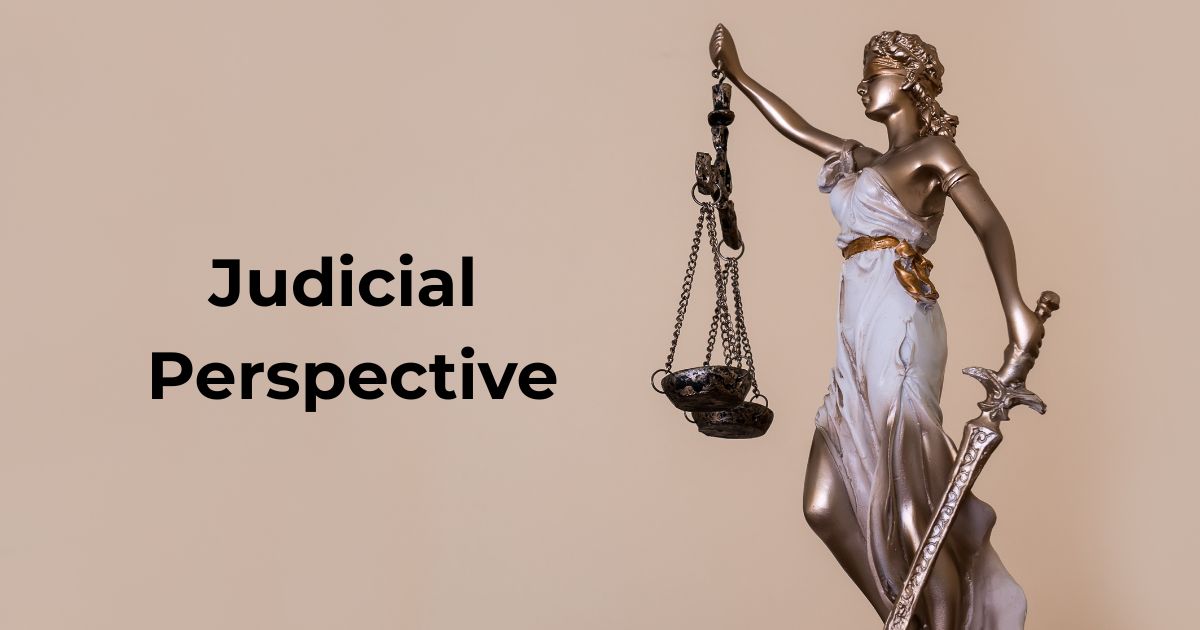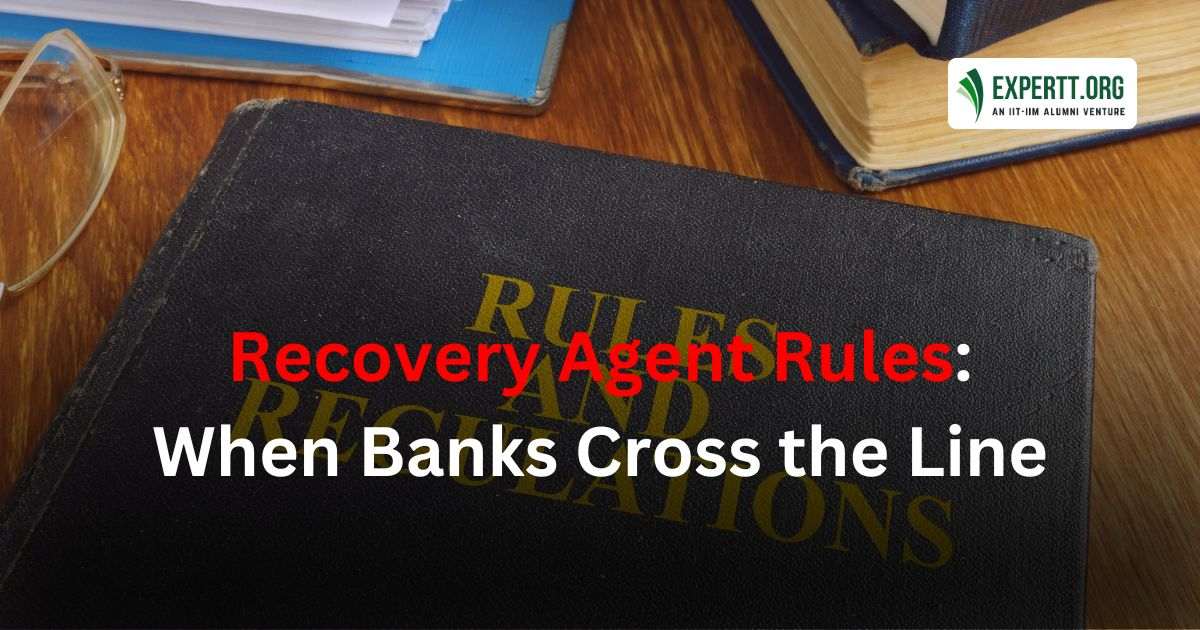· Debt Recovery & Borrower Rights · 3 min read
Are Recording Recovery Agent Calls Legal?
Recording recovery agent calls is legal in India. Learn how to use such recordings as valid evidence before the RBI, police, and consumer forums.

Over recent years, many borrowers in India have complained of harassment, abuse, and coercion by recovery agents, especially on unsecured loans like credit cards or personal loans. To protect themselves, borrowers often record their phone conversations with debt collectors or recovery agents.
But this raises two major questions:
● Is it legal to record such calls in India?
● Are these recordings admissible as evidence in complaints filed with the RBI, police, or consumer forums?
Let’s explore what the law says and how borrowers can use recordings effectively.
Is Call Recording Legal in India?
Yes, it is legal under Indian law to record a conversation if at least one party (in this case, the borrower) consents. This follows the single-party consent rule, which Indian courts have generally accepted. You do not need to inform the recovery agent that you’re recording the call, as long as you are part of the conversation.
There is no law prohibiting such recordings, and Indian courts have accepted them in both civil and criminal proceedings.
Applicable Laws That Support Call Recording
Information Technology Act, 2000
The Act allows electronic records and communications, including call recordings, as evidence — provided they are not tampered with.Indian Evidence Act, 1872 – Sections 65A and 65B
These sections permit electronic records to serve as secondary evidence. You must submit a Section 65B certificate detailing how the recording was made and preserved.Right to Privacy (SC Judgment, 2017)
Although privacy is a fundamental right, there is no expectation of privacy in a call where a recovery agent uses abusive or illegal language. Such conversations can be lawfully recorded and submitted.Why Recording Recovery Calls Helps Borrowers
Proof of Harassment
Abusive language, threats, and calls to relatives can be captured and submitted as evidence of guideline violations.Support Police Complaints
Recordings strengthen FIRs filed under IPC sections for criminal intimidation, stalking, or verbal abuse.Consumer Court Cases
In complaints of mental harassment or defamation, audio clips validate the borrower’s claim.Complaints to RBI Ombudsman
Under the Integrated Ombudsman Scheme (2021), recordings can be submitted via the RBI CMS portal as supporting evidence.
How to Store and Present Recordings
● Save the original file in cloud storage (e.g., Google Drive), named clearly with date and context.
● Maintain a call log with the date, time, and phone number.
● Capture screenshots of the call log.
● Prepare a Section 65B certificate with help from a legal expert.
● Do not edit the original file, as tampering may render it inadmissible.Where to Submit Your Call Recordings
Bank/NBFC Grievance Redressal Officer – with a formal complaint.
Local Police Station – during FIR or NCR registration/filing.
RBI Ombudsman – via cms.rbi.org.in.
Consumer Court – when you are seeking compensation for harassment.
Conclusion
In India, it’s both legal and judicious to record recovery agent calls, especially when you are being harassed or hovered. While borrowers are expected to repay debts, lenders and agents must adhere to legal and ethical practices. Start by establishing everything, use call recordings as substantiation, and approach the right channels — whether the RBI, police, or consumer court. Your voice could be your strongest defence.



